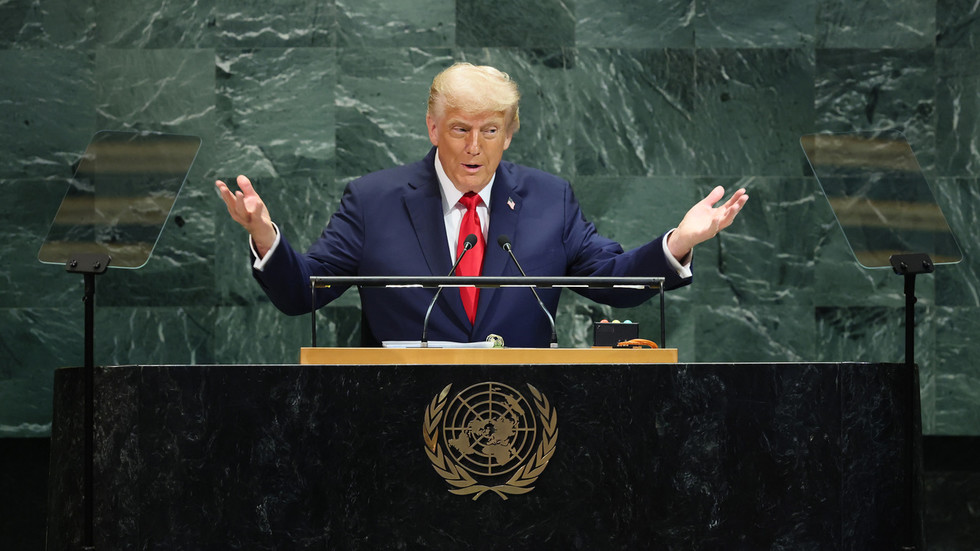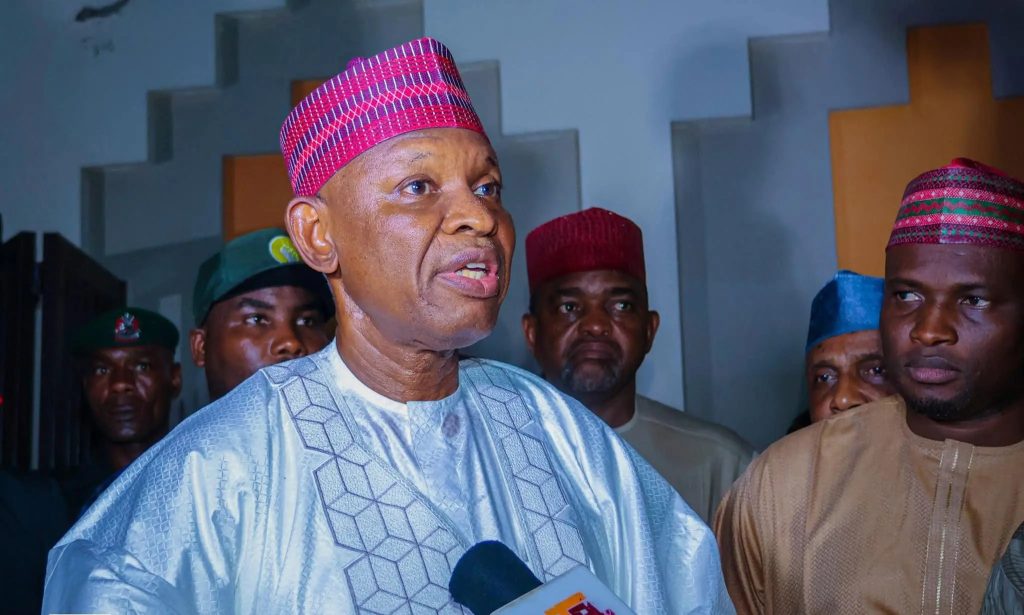Nigeria’s Rising Defections Not a Threat to Democracy, Says Analyst
A recent surge in political defections in Nigeria has sparked concerns about the country’s democratic stability. However, according to Jide Ologun, a legal practitioner and public affairs analyst, these defections do not pose a threat to democracy as long as leaders prioritize good governance. Ologun emphasized that democracy remains intact when governments protect citizens’ lives, improve their welfare, and deliver public services, rather than focusing solely on partisan interests and power struggles.
In an interview with the News Agency of Nigeria, Ologun noted that the value of democracy lies in its ability to improve citizens’ lives, not in the number of parties or political structures. He argued that the real concern is not the potential for a one-party state, but rather whether those in power prioritize national interests over personal gain. According to Ologun, democracy loses its value when leaders abandon their constitutional responsibilities and ignore public expectations.
The analyst stressed that governance is judged by its impact on citizens’ lives, and that democracy collapses when citizens’ voices are ignored and public trust erodes. He pointed out that Nigeria’s Constitution places citizens’ welfare and security at the core of leadership duties, and that failure in these areas marks a decline in democratic governance.
Ologun also commented on the recent defections that have strengthened the All Progressives Congress’ grip on the National Assembly, arguing that ideology has given way to opportunism in Nigerian politics. Many politicians now switch parties to secure influence and survival, rather than to pursue policy convictions or long-term national development goals. He cited constitutional provisions that require defecting lawmakers to forfeit their seats without valid grounds, but noted that weak enforcement has emboldened opportunistic political movements.
The analyst urged Nigerians to remain vigilant and demand transparency, emphasizing that democracy cannot thrive without an informed and active electorate. He stressed the importance of accountability, warning that unchecked political opportunism risks undermining institutions and weakening democratic culture. As Nigeria looks ahead to the 2027 elections, Ologun’s comments highlight the need for citizens to prioritize good governance and hold their leaders accountable for delivering public services and improving their lives.



